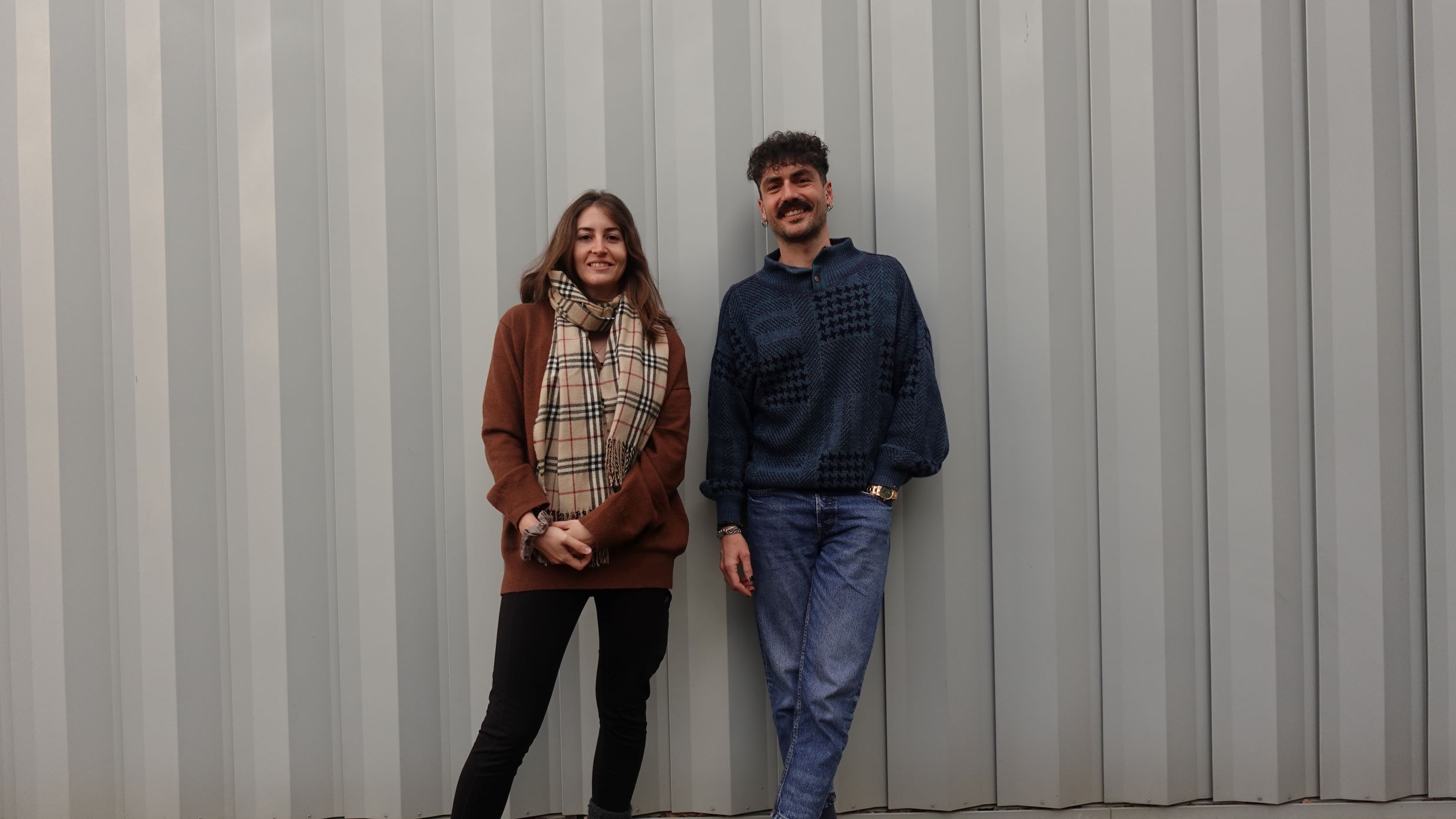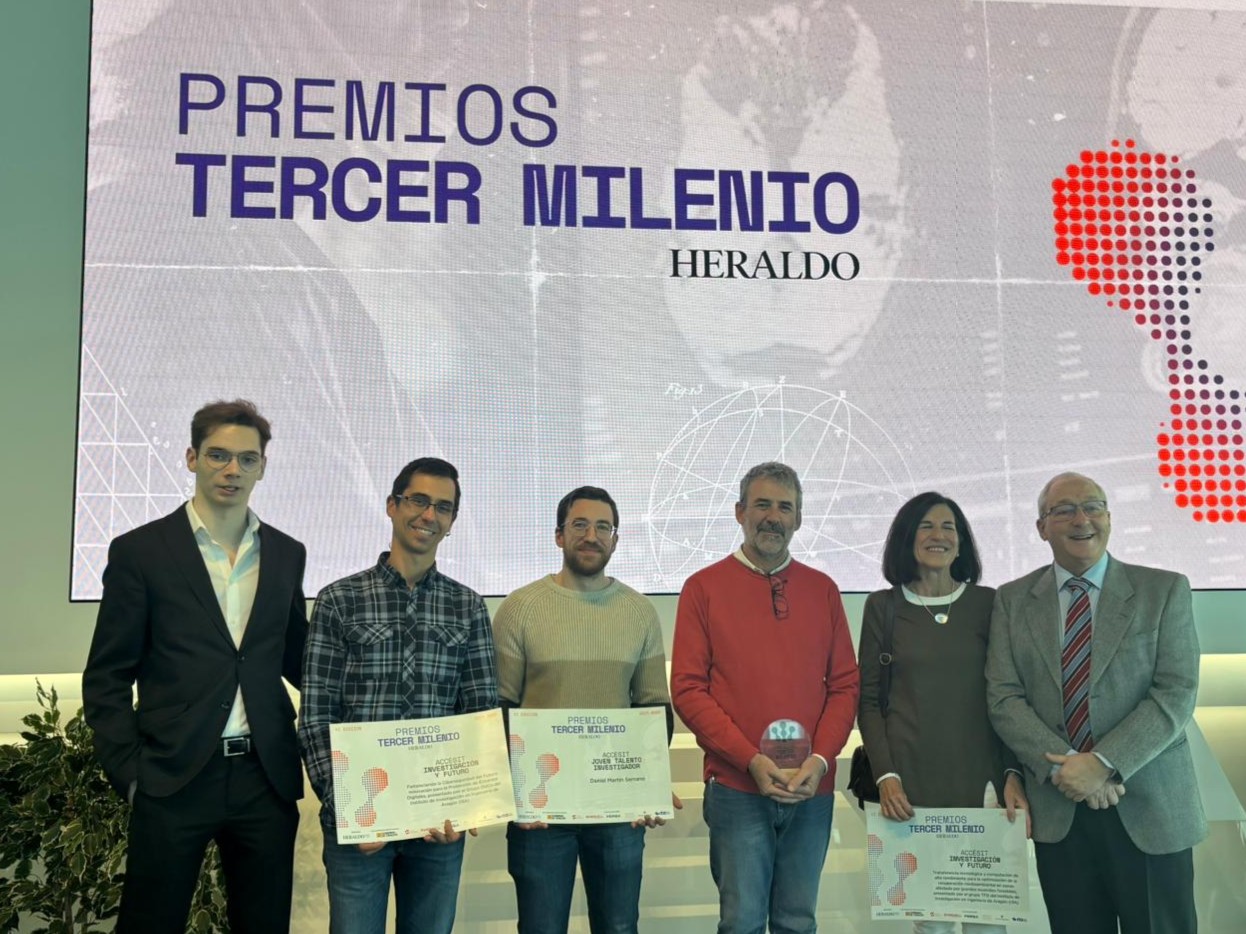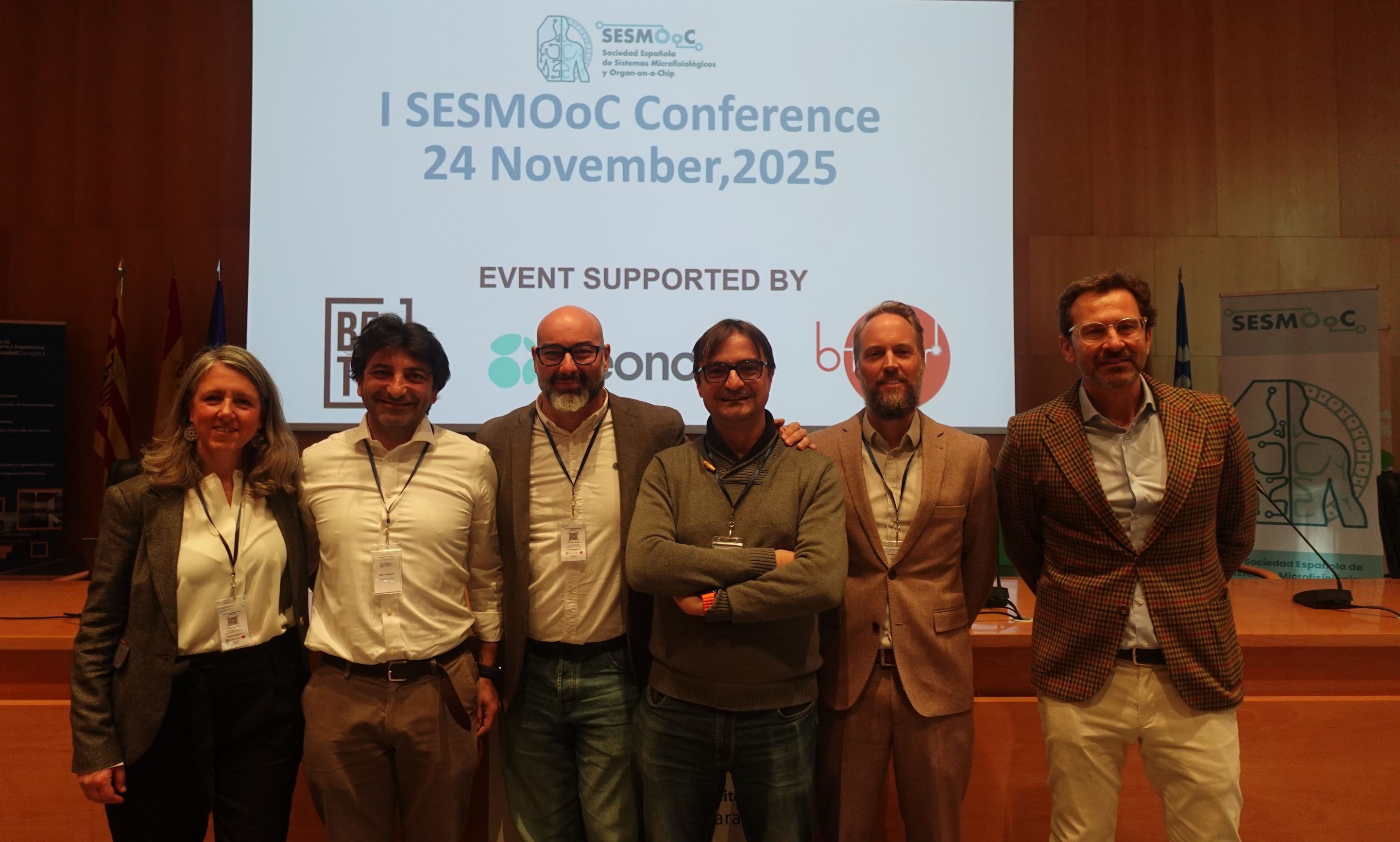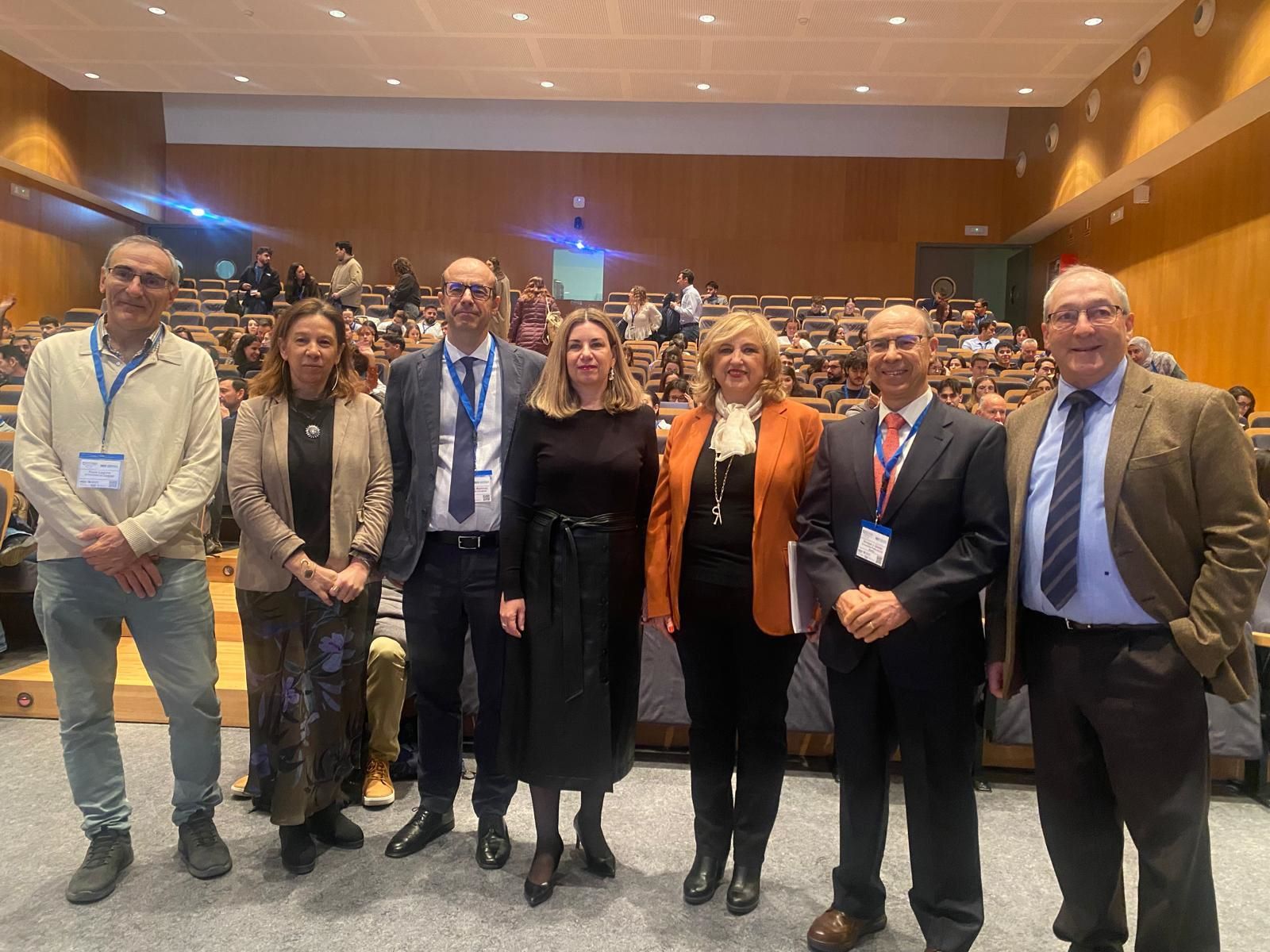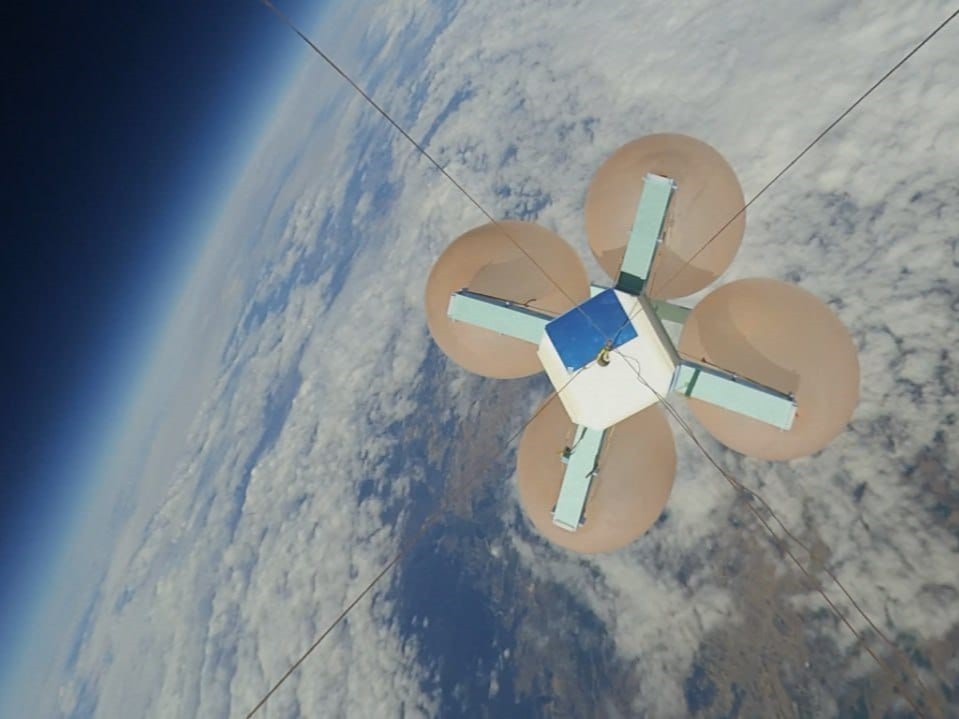
The Servet citizen science project has experienced a new success with the launch of two helium balloons carrying more than 20 capsules. Last Saturday, the two balloons rose to an altitude of more than 30,000 metres and travelled more than 100 kilometres each.
The first balloon was launched at 11:47 a.m. from Mallén reaching the maximum altitude of 31.500 metres. The balloon took 1 hour and 45 minutes to cover 115 km from the town of Berbegal in Huesca. The second balloon was launched almost an hour later -at 11:57- covering 101 km from Mallén to the town of Sesa (Huesca). The maximum altitude of the balloon was 30.500 metres. The scheduled launch time was 11 a.m., but due to the take-off of a plane from Zaragoza, it had to be delayed for a few minutes until receiving the permission from the Zaragoza air control centre.
During the preparations for the launches, many people from Mallén and nearby towns, including many children and young people, came to the municipal sports centre to find out first-hand how the citizen scientists of the Servet team work. In total, there were fourteen capsules designed and produced by the citizen scientists themselves. During their design, the extreme conditions to which they will be subjected have been taken into account: winds of over 200 km/h, -60ºC and a landing at around 6 m/s.
This year's experiments are very varied: long-distance communication experiments, radiolocation, data collection and atmospheric particles, satellite prototyping, studies related to agriculture such as the effect of these extreme conditions on wheat or the acidity of oil. A tracking system will make it easier to locate the capsules after landing, which will make it possible to analyse the data collected.
The Servet team collected the capsules in some fields near the Guatizalema river, those of the second balloon got stuck in a tree and had to climb it in order to rescue them. After the launches, the participants met at Etopia to share experiences and preliminary data collected by the capsules. Now it is time to analyse the data and samples obtained, germinate the seeds and draw conclusions.
Servet is a citizen science project to democratise access to space that involves a whole community of enthusiasts of astronautics, space navigation and anything that moves more than 12,000 metres above sea level. Servet works with the University of Zaragoza through the Aragon Engineering Research Institute (I3A), with researchers Enrique Torres and Natalia Ayuso, and the Ibercivis Foundation. It also has the support of Etopia Centro de Arte y Tecnología, the CESAR Laboratories in Etopia, and is co-funded by the Fundación Española para la Ciencia y la Tecnología - Ministerio de Ciencia e Innovación (Spanish Foundation for Science and Technology - Ministry of Science and Innovation). We are grateful for the collaboration of the City Council of Mallén and the Zaragoza air traffic control centre.
Photo: Image taken by one of the capsules with the Earth in the background (Air and Space Box Program).

